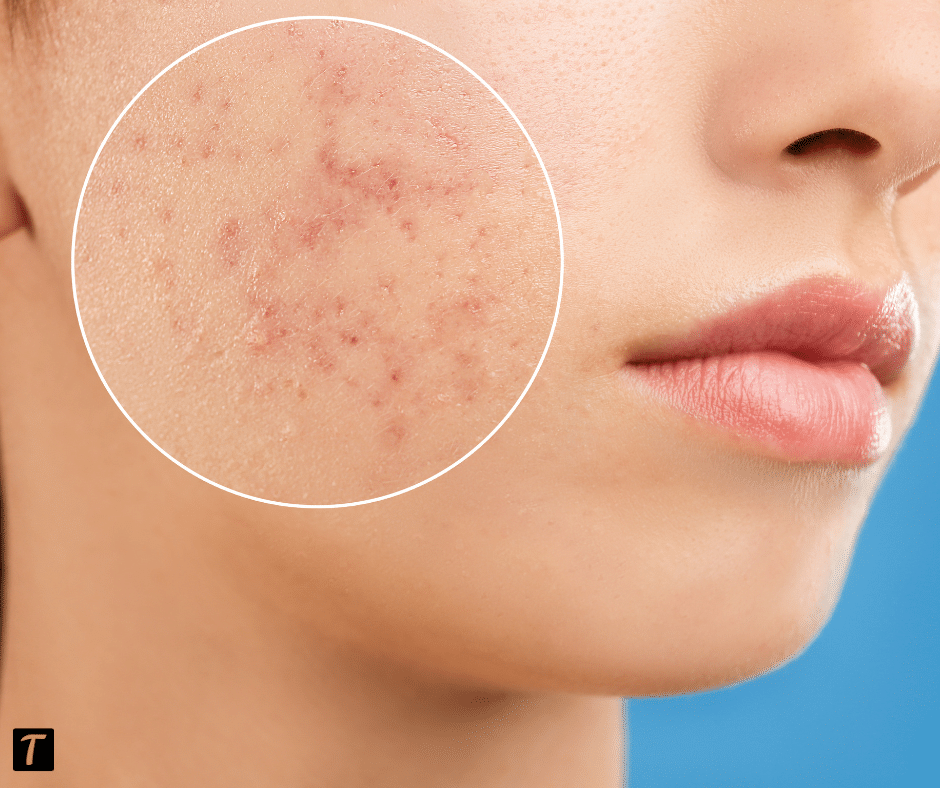Common Questions About Acne
Is Acne Only for Teenagers?
No. Acne can occur at any age, even in adults. Adult-onset acne, particularly hormonal acne, is common in women in their 20s, 30s, and beyond.
Does Diet Really Affect Acne?
Research shows that certain foods, like dairy and high-sugar items, can trigger acne in some individuals. However, this varies by person.
Are Natural Remedies Effective for Acne?
While some natural ingredients like tea tree oil may have antibacterial properties, they’re often less potent than conventional acne treatments. Always patch-test and consult with a dermatologist before using alternative treatments.

